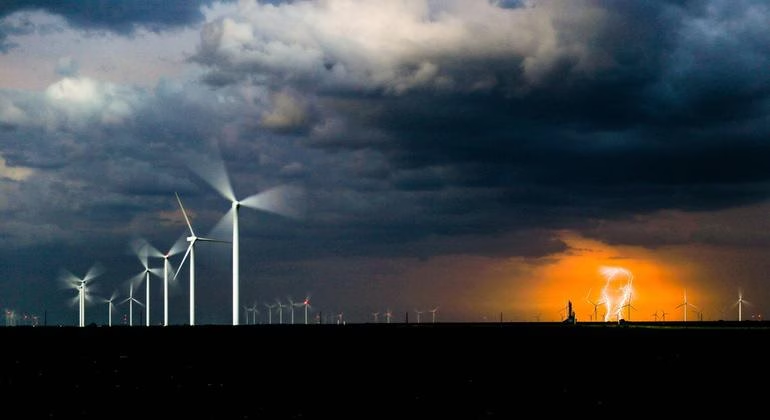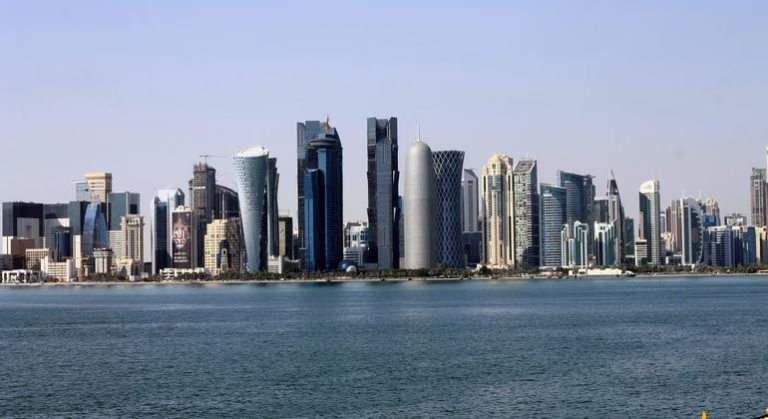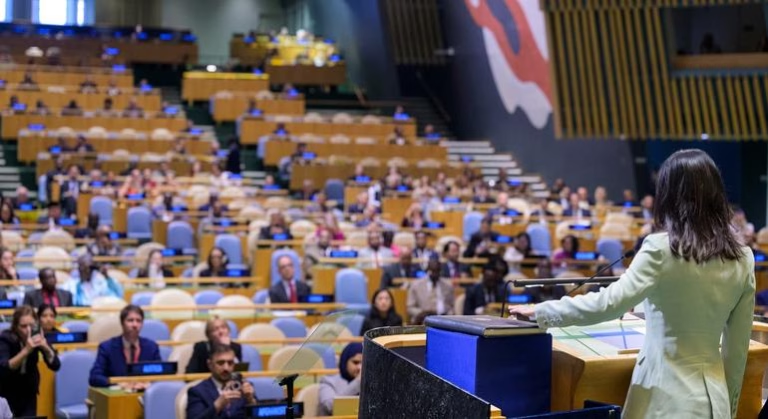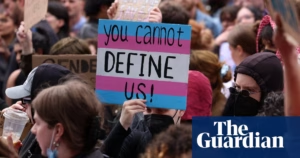
Celebrated annually on April 22 as International Mother Earth Day, the series aims to promote comprehensive climate action and highlight the importance of local leadership in tackling global challenges.
Let’s meet some of the local leaders driving change.
Maharashtra, India: Pankaja Munde, Minister for Environment and Climate Change of Maharashtra
“Maharashtra ranks among the five states most susceptible to climate change impacts in the country, experiencing 142 extreme weather events in 2024.
Our programs are geared towards reducing carbon emissions in the building sector, encouraging electric vehicles, expanding green spaces, promoting climate-resilient farming, and fostering bamboo cultivation as a greener alternative to fossil fuels.
The Mazi Vasundhara Abhiyan (My Earth Mission), initiated by the state government, exemplifies the strength of grassroots mobilization in addressing climate issues, emphasizing the critical role of local communities in advancing the climate agenda.”
Read more here.
California, USA: Gavin Newsom, Governor
“2023 began with devastating firestorms in Los Angeles, but Californians have long witnessed the intensifying impacts of climate change – more extreme heat, drier conditions, and more severe storms.
Since 2014, the [cap-and-trade] program has facilitated over $11 billion in climate investments, with more than 75% of these funds directed towards low-income and frontline communities.
California is proving that you don’t have to compromise a strong economy for ambitious climate leadership.
Read more here.
Guelmim-Oued Noun, Morocco: Mbarka Bouaida, President of the Regional Council
“Our region faces increasingly erratic rainfall, persistent droughts, and encroaching desertification, significantly straining our water resources, ecosystems, and agriculture.
Our strategy involves investments in seawater desalination, hill dams, artificial aquifer recharge, and wastewater reuse.
This initiative provides tangible environmental and social benefits. It enhances climate resilience by securing water supplies, promoting resource circularity, and reducing vulnerability in rural communities, ultimately also curbing regional disparities.”
Read more here.
Discover more stories from our Local leaders here.
Source: https://news.un.org/feed/view/en/story/2025/04/1162496







